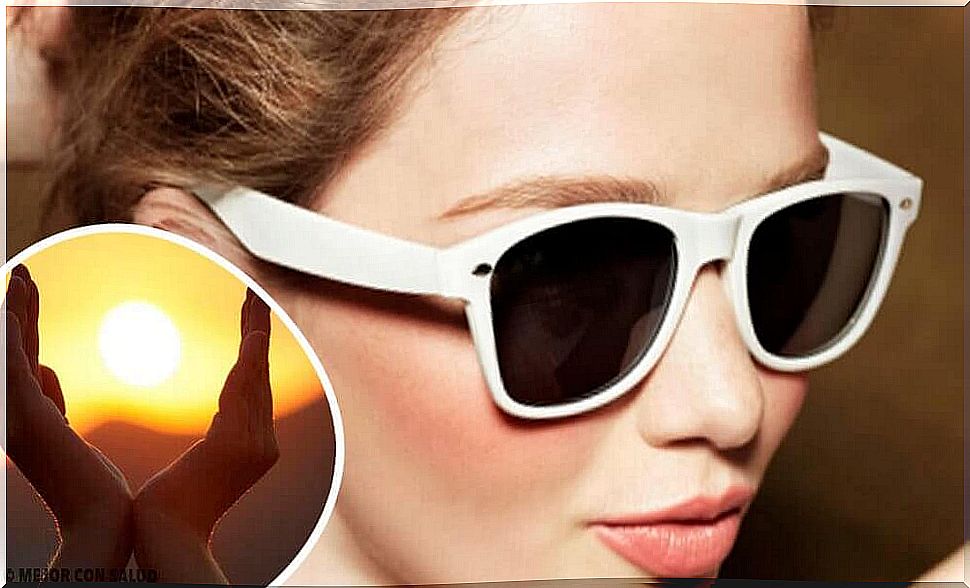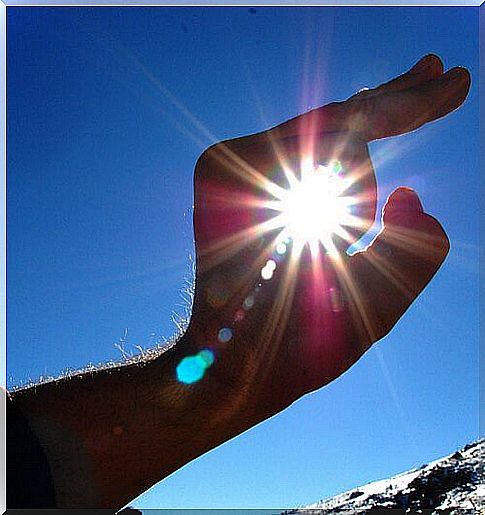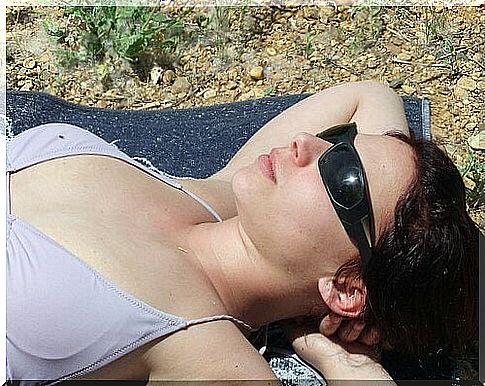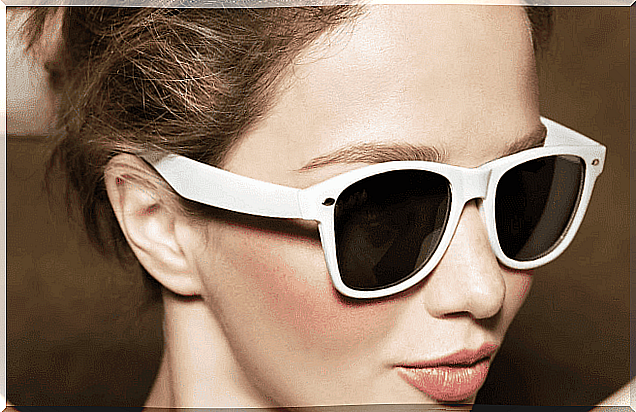Sunglasses – 9 Health Consequences

Sometimes we may not notice the sun in the clouds or believe that sunglasses are not needed in winter. However, UV rays damage our eyesight more and more over time. Read on to learn about the consequences of not wearing this handy accessory of sunglasses .
Sunglasses – side effects of not wearing them
Sunglasses are not only accessories that match our outfits. In fact, they are always in vogue to protect your eyes from ultraviolet rays.
Not wearing sunglasses has been shown to lead to many side effects. Some of them are as follows:
Direct exposure to UV rays
This radiation is very harmful to our eyesight as it can lead to cataracts or permanent damage to the cornea and other ailments.
Headaches and eye strain
In addition , sunlight irritates our eyes and also causes headaches that can develop into migraines.

Dry eye
The eyes need hydration to do their job, focus on what we’re looking at, and avoid problems such as blurred vision, irritation and itching. Not wearing sunglasses can dry out your eyes.
Sensitivity to light
Light sensitivity refers to problems seeing in areas that are too bright or well lit – especially in natural light. If medications or treatments have this side effect, the lack of sunglasses increases the sensitivity.
Photophobia
Photophobia is an acute sensitivity to normal lighting conditions. This can be very inconvenient during the day.

Macular degeneration
Macular degeneration is a condition that develops at the center of the retina. This is one of the most serious eye problems a person can face.
With conjunctivitis
Burns
The sun can also burn our eyelids, which are part of the body responsible for protecting our eyes from burns.
Why should you wear sunglasses in winter?
Even if the sun is behind the clouds, we still need to protect ourselves from its rays. You could even say that we have to take care of it even more in winter than in summer.
If you live in a city with a lot of snow in winter or you are going on a skiing trip, you should wear special sunglasses that cover not only the eye area but also our face area.

Do children have to wear sunglasses?
Absolutely yes! Just as ultraviolet rays do not weaken in winter or summer to spare our eyesight, they have the same effect on our children.
Thus, children should acquire the habit of not leaving the house without sunglasses.
The good news is that the biggest sunglasses brands are launching children’s collections. These collections are characterized by interesting colors, favorite characters from movies and TV series, and best of all – sizes and comfort adapted to the needs of children.
What about the poor quality of the sunglasses?
Now we come to a topic that can be taboo but worth taking care of. Buying sunglasses that are not approved by medical associations and municipal, national and even international requirements can have a negative effect on our eyes.
Instead of protecting our eyesight, most of these sunglasses have the opposite effect. In other words, they do even more damage.
Most patients with actinic keratosis (keratitis), early stages of cataracts, dry eyes, and dizziness often experience these problems because they use sunglasses they bought at a flea market, market, stall, or online. Basically any places, except an optics store.

It is important to come to the right store and get a proper specialist assessment. Since the damage is progressive, you might not notice that something is wrong. Sometimes it is too late by the time a person goes for a checkup.
Poor quality sunglasses “deceive” the eye, which is an organ that is both fragile and valuable. To better understand why the sun is harmful to your eyes, you need to know that there are three types of solar radiation:
- Ultraviolet (UV) radiation: these are the most harmful rays that are always present, even on cloudy days. They cause changes in the cornea, premature aging of the eye and damage to the conjunctiva
- Infrared radiation : Infrared radiation produces a feeling of warmth and can cause burns. The eye absorbs these rays and the cornea may suffer from burns as a result.
- Visible Radiation : This is the natural light we receive from the sun. However, without proper protection, it can damage our eye, especially the retina.
Glasses that do not meet official standards filter only visible sunlight, not ultraviolet rays. As a result, the pupil dilates more to allow more light.
The problem is that UV rays and infrared rays also make their way into the eye. The result is a greater risk of complications. The radiation is stored in the lens and is not eliminated, which means its harmful effects are cumulative.









